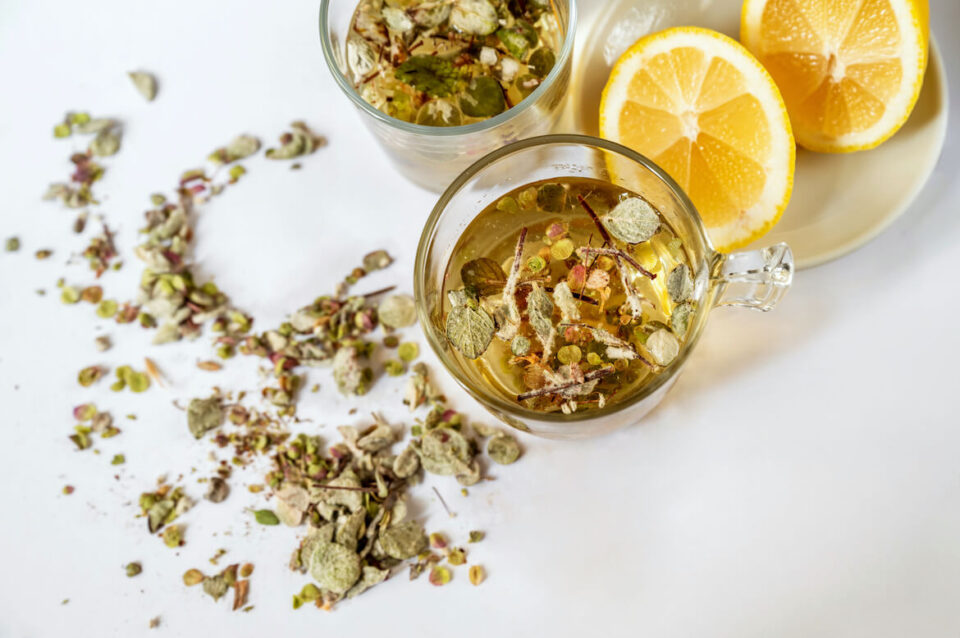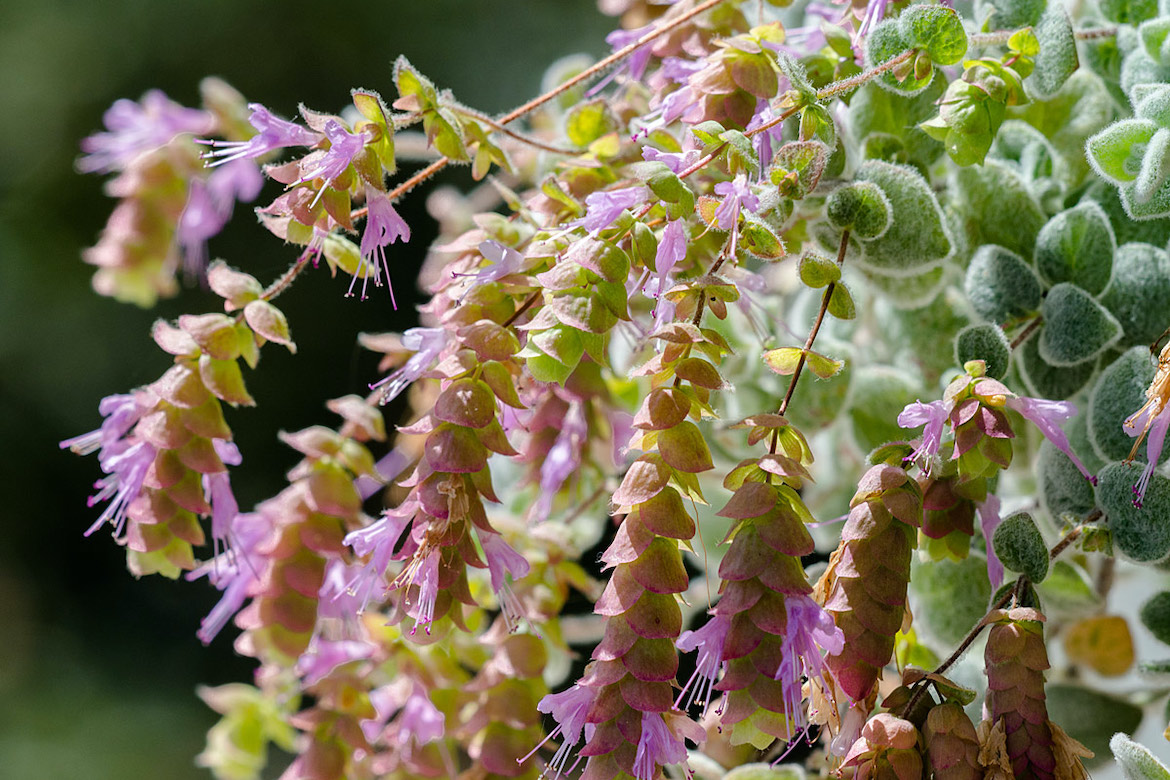Herbs. It’s about quality, not quantity.
This ancient Greek healing herb is rare. And, it’s rich in functional health benefits.
Dittany (available for purchase here) is a perennial plant that only grows on the mountainsides and gorges of the island of Crete. It doesn’t exist anywhere else in the world.
The name of this herb comes from the Greek word diktamo (δίκταμο) a derivative of Dikteon Andron, the mountain cave where the ancient Greeks believe Zeus was born and where the plant is abundant.
In Crete, it’s also known as erontas (έρωντας) or love, as it was traditionally believed to have aphrodisiac qualities.

We know from historical evidence that the Minoans of Crete were using dittany as early as 2700 BC and was used throughout history by the ancient Greeks and remains popular today. Read below for some unique properties of Cretan dittany.
Ten fascinating facts about dittany
It relieves cough
Have a cough from the common cold? The Committee on Herbal Medicinal Products (HMPC) concluded that dittany tea can relieve cough associated with the common cold. [1] Try adding honey or lemon to sweeten your tea, as desired. Limit use to short periods and consult your doctor if your cough lasts longer than a week.
It helps with digestion
If you often feel bloated or have mild digestive problems, try drinking a cup of dittany herbal tea after your meal. [1] Its nickname is stomach herb for a reason! Consult your doctor if your digestive issues last longer than two weeks.
It heals skin irritations
Rather than using over-the-counter medications, you can soak dressing with dittany tea and apply it directly to the skin to help with minor skin irritations, cuts, and wounds. [1]
It may cure snake bites
Did you know that juice from dittany of Crete was traditionally added to wine to help cure snake bites? There isn’t any specific research that shows its effectiveness against snake bites, but we do know that it helps reduce inflammation and skin-related issues.
It treats bleeding and bruises
Dressing with dittany of Crete can also help reduce mild bruising and bleeding. [1]
It’s high in antioxidants
The essential oil from dittany can reduce damage caused by free radicals in your body since it’s high in antioxidant content! [2] This keeps free radicals from causing damage to cells and organs in your body.
It kills bad bacteria
In a lab study, dittany in an oil form stopped harmful microbes from growing. [2] This study included bacteria such as E. coli and Salmonella, which are responsible for many food poisoning illnesses every year!
It fights off cancer cells
Dittany essential oil was effective in fighting off liver cancer cells, called HepG2. [2]
It gets rid of bad breath
Chewing on dittany leaves can help kill off odor-causing bacteria in your mouth. It has a great aroma that will freshen up your breath!
It can be used to flavor beverages
Although it has a more subtle flavor than oregano or thyme, Cretan dittany is perfect for flavoring alcoholic beverages like wine, soups, and sauces.
The bottom line
Cretan dittany almost seems too good to be true, but its effects are real. It helps treat common illnesses like the common cold, digestive issues, skin problems, and more. It’s easy to see why ancient Greek physicians used this herb in their treatment playbook. If you can find some, you may be able to live a healthier lifestyle, too.
Authentic dittany from the island of Crete is available for purchase from The Pappas Market.
References
- Committee on Herbal Medicinal Products (HMPC). Herbal medicine: summary for the public, Dittany of Crete herb, Origanum dictamnus L., herba. London (UK): European Medicines Agency, 2013.
- Mitropoulou G, Fitsiou E, Stavropoulou E, Papavassilopoulou E, Vamvakias M, Pappa A, Oreopoulou A, Kourkoutas Y. Composition, antimicrobial, antioxidant, and antiproliferative activity of Origanum dictamnus (dittany) essential oil. Microb Ecol Health Dis. 2015 May 6;26:26543.
About the author
Chrissy Arsenault, MBA, RDN, LD, is a registered dietitian nutritionist and licensed dietitian based in Indianapolis. She obtained her bachelor of science in nutritional science at Cornell University and her MBA at Indiana University Kelley School of Business. She is the founder and CEO of a nutrition communications firm called Pink Pamplemousse LLC, where she creates engaging nutrition and wellness content for clients. She has also coached clients on various health conditions including heart disease, obesity, digestive issues and diabetes over the last seven years. Visit Chrissy’s website.

















